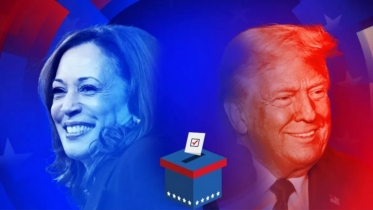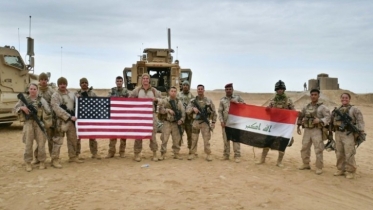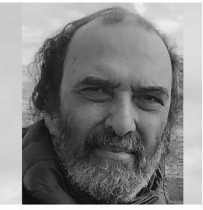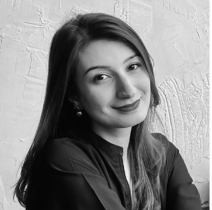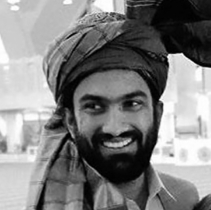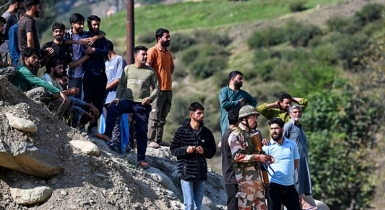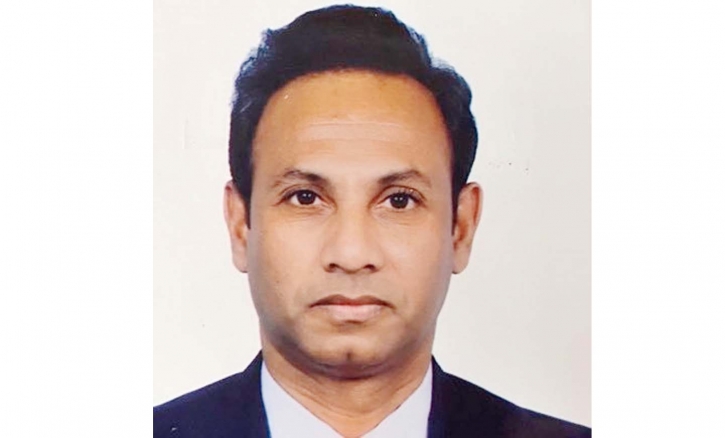
Increasing Female Participation in Peacekeeping Operations. Women are routinely underrepresented in peacekeeping operations, even though their participation has been shown to improve mission effectiveness and advance stability.
As of January 2012 the three top TCCs were Pakistan, Bangladesh and India, which contributed almost 35% of the overall military and police contingents deployed (Center on International Cooperation, 2012). The fact that the allfemale (AF) peacekeeping units are coming from these countries is not surprising. In 2007 the first AF police contingent from India was deployed in Liberia. Since then, three more AF UN police units have been deployed - a Bangladeshi unit in Haiti, a Samoan unit in Timor-Leste and a Rwandan unit in Sudan. This trend has been continuing with the most recent deployment in January 2013 of a Peruvian AF contingent in Haiti. These AF units have been criticised because they are segregated from male peacekeepers, which is not in accordance with the gender mainstreaming that is at the heart of UNSCR 1325. The segregation of women rather than their integration into otherwise-male peacekeeping units might have some effect on other, mixed-gender contingents. The AF units should not be seen as a permanent solution, but rather as "temporary affirmative action" on behalf of TCCs that, once deployed, should be integrated into a mixed-gendered peacekeeping environment.
Bangladesh Armed forces have played significant role in women empowerment and gender mainstreaming by employing the women as peacekeepers in volatile security situations of the field missions. So far, total 701 female peacekeepers from Bangladesh Armed Forces participated in UN peace operation. Currently 573 female members from Bangladesh Armed Forces are deployed in different peacekeeping missions. UN has set a target of deploying 18% Staff Officer and Military Observer in UN peacekeeping operation. Bangladesh is near to reach 18% already and will further increase the women participation beyond 18% in days ahead. Besides, Bangladesh Army has started inclusion of "Female Engagement Team" in the Battalion from January 2019 and shall continue deploying the same in all subsequent major contingents in UN peace operation.
Recently, the UN's Elsie Initiative Fund (EIF) launched a fresh call for funding proposals on March 30, 2023Thursday, aimed at improving opportunities for uniformed women to serve in peacekeeping operations, and better serve vulnerable communities worldwide.
"A more gender-responsive mission builds trust with the communities they serve and improves its effectiveness," said UN Women's Executive Director Sima Bahous at the start of the event.
She also highlighted the vital role women play in today's multifaceted peacekeeping missions and stressed the need to ensure the equal participation of women.
The Fund was set up by the UN, Canada, and other Member States in 2019. It is an innovative, multilateral fund that aims to accelerate progress towards the UN's gender targets in line with Security Council resolutions and the UN Uniformed Gender Parity Strategy 2018-2028.
The head of the UN's Peace Operations, Jean-Pierre Lacroix, called on Member States at the event to continue widening opportunities for women to serve as 'blue helmets' and other uniformed personnel.
"Let me be clear: our gender parity efforts are also a matter of justice - there should be no limitation on the grounds of gender to what women can achieve, in all roles and at all levels," he stressed in his opening remarks.
Since its creation in 2019, the EIF has awarded more than $17 million in grants to 20 projects.
The Ghanaian Armed Forces and the Senegalese Police and Gendarmerie are among the recipients, who have deployed four gender-strong units consisting of 1,277 personnel, 18 per cent of whom are women across all ranks.
Some 14 EIF-supported security institutions surveyed 3,689 staff members to find out what barriers are limiting women's participation, committed to implementing evidence-based solutions to overcome them. A Senegalese woman peacekeeper works on a helicopter deployed to MINUSCA, the UN peacekeeping mission in the Central African Republic.
Meanwhile, the Togolese Armed Forces and the Senegalese Police have raised awareness among 5,000 people, in order to challenge gender stereotypes and encouraging women to join up as part of large-scale recruitment campaigns. Five EIF-funded projects are busy now creating inclusive environments for women, including through the construction of gender-sensitive accommodation and facilities in Jordan, Senegal, and Togo.
They are also improving deployment conditions for their uniformed women peacekeepers deployed to UN peace operations in Mali (MINUSMA) and Lebanon (UNIFIL).
UK's Minister of State, Lord Ahmad of Wimbledon, gave his full backing to the initiative, and announced an additional contribution of £1 million ($1.24 million) to the EIF.
"It is wonderful to see how projects supported by the EIF are already tackling obstacles to participation", he said.
"More investment will mean the Fund can scale up that impact and make gender parity a future reality," he said at the event.
The Republic of Korea also announced an additional contribution of $500,000. Meanwhile, Canada's Ambassador for Women, Peace and Security Jacqueline O'Neill announced that the EIF's lifespan has been extended to 31 December 2025 as "Canada is committed to continuing to support the EIF."
Representatives of the Ghanaian and the Uruguayan Armed Forces also spoke at the event, championing some of the innovative practices developed with EIF funding, including piloting gender and family-friendly policies and providing cross-training to prepare military women to play an equal part in all the job specifications needed in peacekeeping missions.
The writer is Editor and Publisher of The South Asian Times. He can be resched at deeditu@gmail.com

